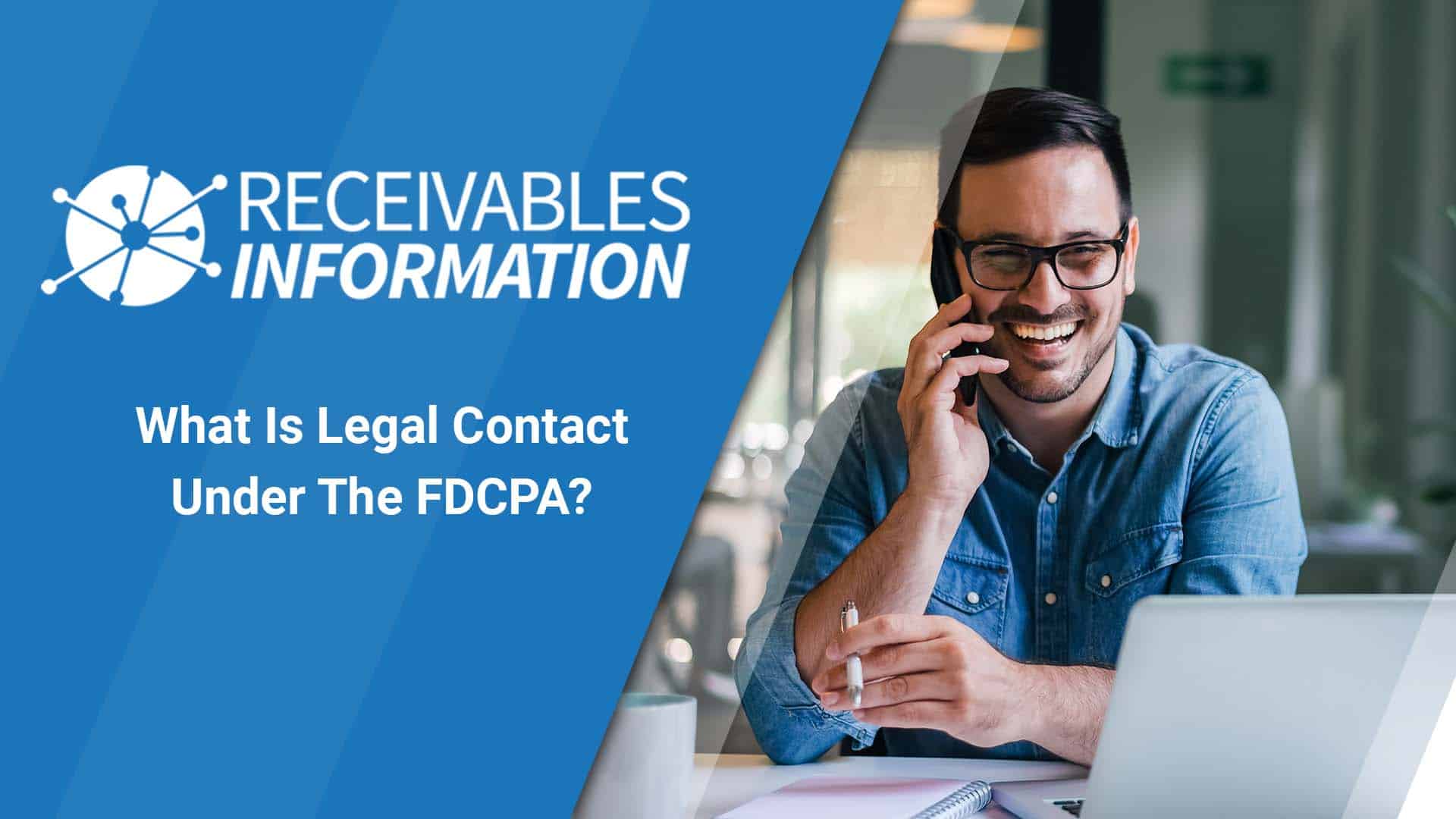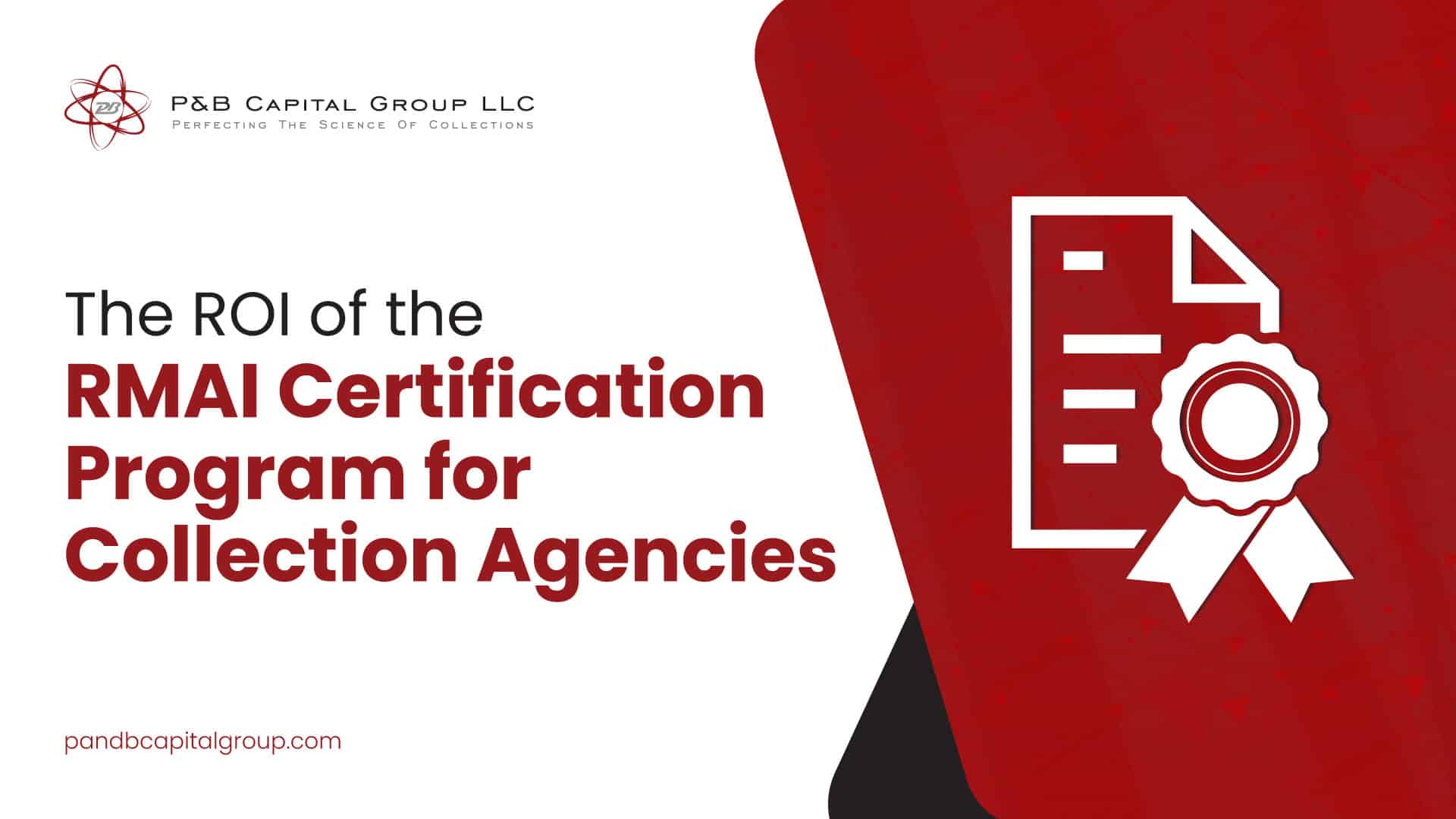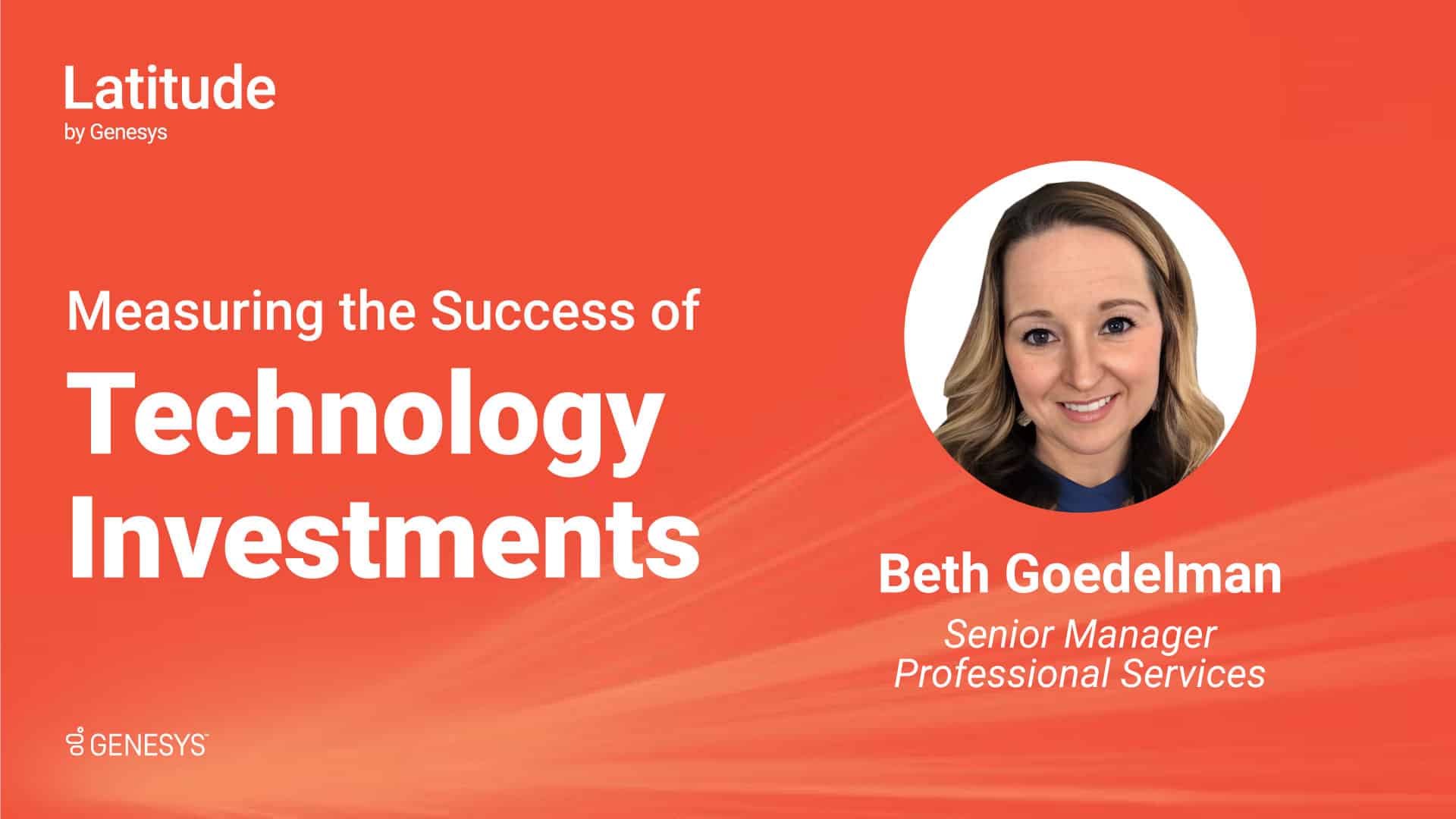
What Is Legal Contact Under The FDCPA?
The Fair Debt Collection Practices Act (FDCPA) is the federal law that acts as the primary regulation for the accounts receivable management (ARM) industry. This law provides limitations on what debt collectors can and cannot do when collecting certain kinds of accounts. Primarily, it limits how a collection agency can contact the consumer and provides clear definitions of what is considered harassment.
What Is Legal?
The communication restrictions are simple—a third-party collection agency can only call an account holder between 8 a.m. and 9 p.m. local time. However, how an agency contacts you beyond a phone call can be a bit more complicated.
Under the FDCPA, collection agencies are not allowed to discuss your debt with any other person besides your spouse. But to reach the account holder, agencies are allowed to reach out to all sources they deem may have access to your current address, employment status, or whereabouts. During these calls, a third-party agency can only ask about unrelated information and cannot disclose the nature of the debt they are contacting about.
Over time, a new rule–dubbed the “7 in 7” rule–was added. The 7 in 7 rule stipulates that a collection agency may only contact the consumer 7 times in 7 days about one debt. One debt is key as each individual debt the consumer owes or is being collected upon counts as a new contact for the agency. It’s important to note that each individual contact counts as one of those 7 times. Should an agency leave a voicemail, that legally counts as one of the 7 allowed contacts with the consumer.
Avoiding Contact
If any of the above conditions are not met when contacted by a collection agency, a consumer has legal grounds to sue the agency for harassment. However, avoiding contact is not a legal way to avoid a collection agency. Under the FDCPA, a consumer may legally request to be left alone. If the consumer mails a properly worded letter to a collection agency, the only further actions that the agency can take is to call that they will stop contacting the consumer or to call about further legal action taken against the consumer. Avoiding contact or denying the debt does not cancel or eliminate the debt in question. Once you cease contact, collection agencies, on behalf of the creditor, are well within their rights to sue the consumer to recover the account balance .
If a consumer believes the debt isn’t theirs, there is also an avenue to ask for a “validation” of your debt. The FDCPA specifies that validation of debt must contain four key pieces of information—how much money is owed, the name of the creditor the money is owed to, how to get the name of the original creditor, and what to do if the consumer doesn’t think the debt is theirs. Without this information, the “validation” effort is not complete.
The most common way consumers avoid direct contact is to request all communications go through their lawyer. If this is requested, the collection agency cannot reach out to other family members and must first communicate with the lawyer on the debt.
The CFPB
In 2011, after the Great Recession of 2008, the United States Congress approved the creation of the Consumer Financial Protection Bureau (CFPB). With jurisdiction over much of the financial section, the CFPB acts as the U.S. agency responsible for consumer protection in finance. While the CFPB does not directly control any aspects of the FDCPA, they monitor all FDCPA complaints and can undertake legal enforcement actions against collection agencies and the creditor the agency represents.
The CFPB enforcement arm of the organization often monitors complaints raised about FDCPA violations and provides resources to consumers looking for more information.
Whether it’s calling at the correct time, or making sure all proper communication channels are being followed, adhering to the FDCPA contact guidelines is an important step for any collection agency staff. Adhering to the guidelines could mean the difference between a timely collection process or a lawsuit.
Learn More
To learn more about what is fair contact under the FDCPA, visit the CFPB website and explore the different resources available to consumers and agencies alike on how to remain compliant under the FDCPA. For a more in-depth look at the FDCPA as a whole, visit the Receivables Info Money Chat on every aspect of the law.
For more information on how debt is moved throughout the industry or what a consumer should do once contact begins, visit RI’s Money Chat on “Why Is My Account Not With My Original Creditor?” and “4 Things To Keep In Mind When Talking To A Debt Collector.”
Looking for more ways to stay financially literate? Follow Receivables Info on Facebook, LinkedIn, and YouTube for daily updates on everything related to the Accounts Receivable Management industry and how to stay afloat through the debt collection process.
The information contained in this article is meant to serve as general guidance for entry-level to mid-level ARM industry professionals and is not meant to serve as comprehensive business, legal, or financial advice.




